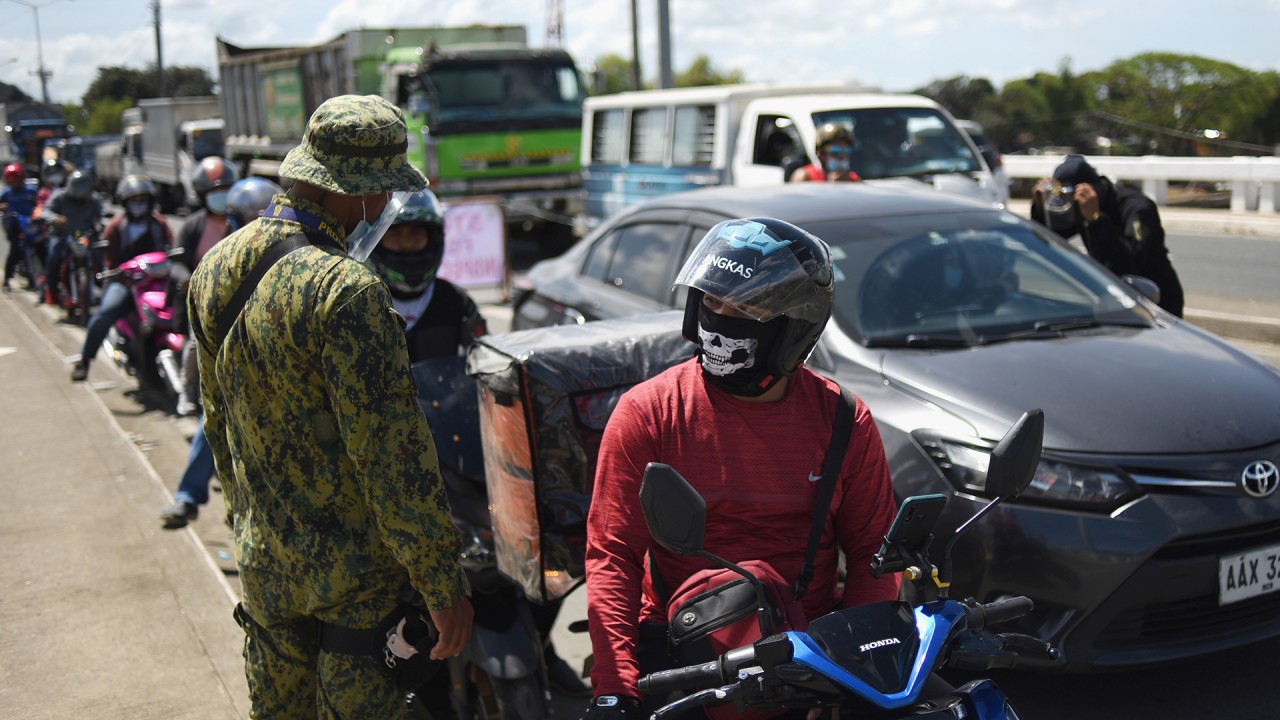Advertisement
Across Asia-Pacific and Europe, Covid-19 has thrown up another risk – an addiction to lockdowns
- Experts say the normalisation of extraordinary Covid-19 regulations raises questions about how readily authorities may embrace illiberal responses to future crises
- From Singapore to Australia, governments have also been criticised for using the pandemic to tackle issues not related to public health
Reading Time:6 minutes
Why you can trust SCMP
4

During the early days of the Covid-19 pandemic, authorities around the world asked people to put their lives on hold for a period of days or weeks to “flatten the curve” and save lives.
More than a year into the global crisis, governments continue to enforce lockdowns and other restrictions in response to Covid-19, while sluggish vaccine roll-outs cloud expectations for a swift return to normal. For public health and civil liberties experts, the normalisation of extraordinary pandemic regulations – after the first lockdowns in Wuhan, China, initially sparked international alarm – raises questions about how readily authorities may embrace illiberal responses to future crises, amid shifting public perceptions of the trade-offs between safety and freedom.
“Populations have changed their views of the role of government and people’s freedoms,” said Lawrence Gostin, director of the O’Neill Institute for National and Global Health Law at Georgetown University in Washington.
“The pandemic has made them more accepting of harsh crackdowns that they previously would have resisted. I think this could be a long-term problem as political leaders gain power and infringe on human rights in the guise of an emergency. What is at stake is not only freedom, but also accountability and the rule of law.”
Although Britain is looking to lift its lockdown and other restrictions in June as it rapidly rolls out vaccines, most countries have hesitated to commit to a time frame amid uncertainties over the pace of vaccinations and new variants of the virus, which has so far officially claimed more than 2.8 million lives worldwide.
While most developed nations expect to reach herd immunity through vaccinations before the end of the year, major Asian countries including China, India, Thailand and Indonesia are unlikely to reach that milestone until 2022. Some officials, such as Singapore’s Covid-19 task force co-chair Lawrence Wong, have offered dour predictions of the pandemic lasting for up to five years.
Advertisement
